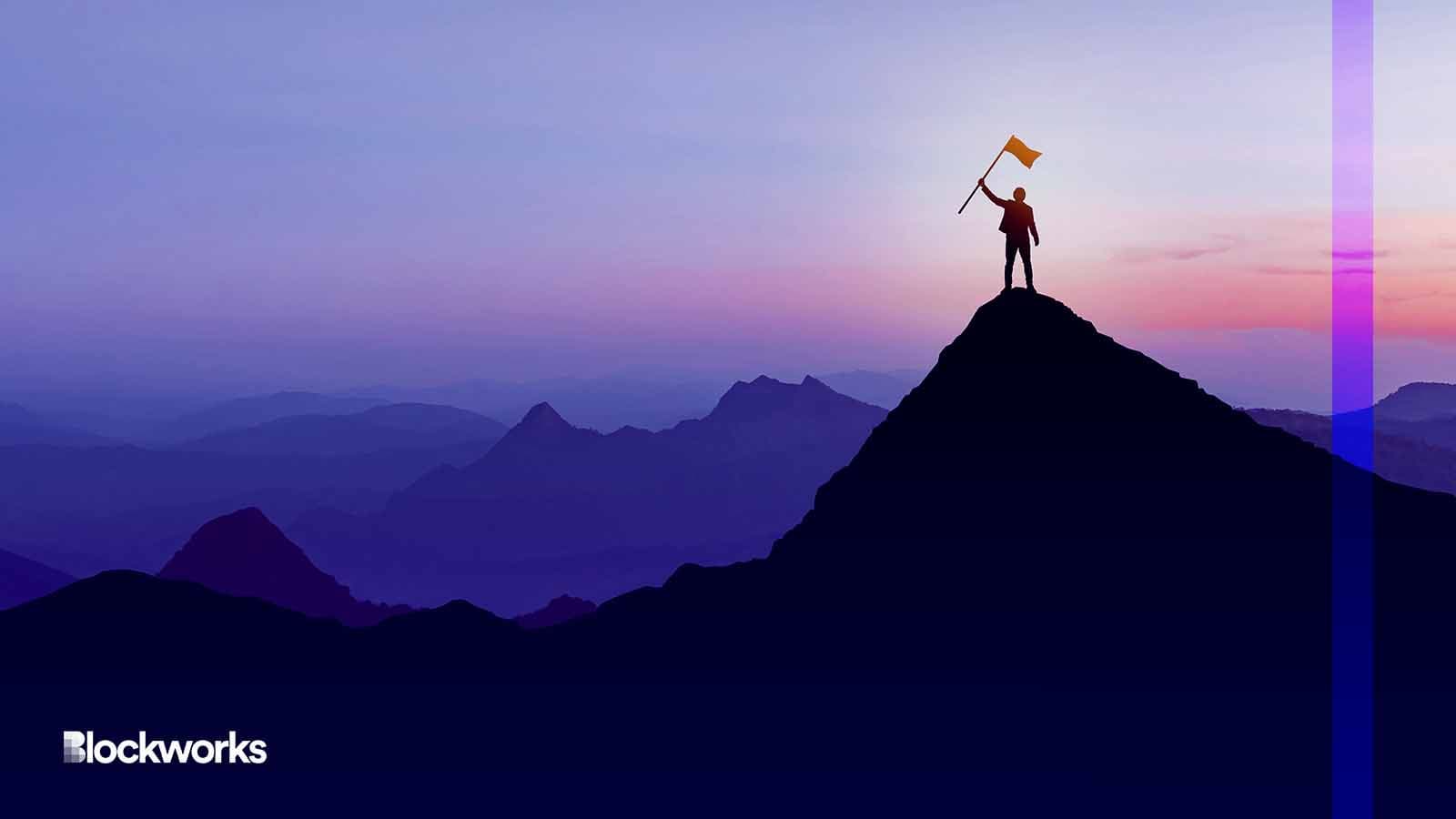As crypto burns, solo bitcoin miner wins BTC ‘lottery’
Bitcoin mining is more industrialized than ever, but that hasn’t stopped this solo miner from striking it big

Naypong Studio/Shutterstock modified by Blockworks
Crypto has been swallowed by a sea of red, but one astronomically lucky bitcoin miner probably hasn’t noticed.
A solo bitcoin miner solved block 793,607 on Friday evening using what was likely a single Antminer S9 rig.
“A miner of this size would only solve a block [roughly] once every 450 years on average,” tweeted the admin of mining software Solo CKPool.
The prosperous miner earned 6.175 BTC ($160,100), or 200 times the price of an Antminer S9 on Amazon.
Unlike regular bitcoin mining pools — in which users combine computing resources to mine together while dividing profits — Solo CKPool is more of a software proxy for those who can’t run Bitcoin Core directly.
Instead of sharing profits with all the other miners, Solo CKPool will instead return 98% of bitcoin rewards to the miner (the other 2% going to the admin for upkeep).
It’s perfect for tiny setups that might struggle to sync the entire Bitcoin blockchain (now nearly 500 GB), like this $400 rig powered by a Raspberry Pi and a USB mining stick.
But large mining operations can use Solo CKPool too, if they’re feeling particularly fortunate.
About 0.21% of Bitcoin’s current hash rate (the total computing power on the network) is using the software right now.
Solo bitcoin mining at all-time high difficulty
Bitcoin miners earn BTC by submitting the correct hash (a string of jumbled letters and numbers) for a particular block. This wins them the right to select and process transactions.
Mining rigs generate as many guesses as possible in the hope that one is accepted — more rigs mean more guesses and more chances at lucrative block rewards (and transaction fees).
Satoshi Nakamoto designed Bitcoin to add blocks about once every 10 minutes on average. So, solving blocks must become more “difficult” as more miners join the network. Otherwise, miners with loads of rigs would solve blocks in much less than 10 minutes.
And there are loads of new mining rigs on the network, including newly-developed ASICs, more efficient than ever before. Bitcoin’s hash rate has in turn set new records all year.
The network’s “difficulty” is also at an all-time high. This figure (now at 51.23 trillion) effectively determines the range of potentially correct hashes, making it less likely that miners would submit the correct ones without adding more machines.
All this makes mining bitcoin with a single — or even a handful — of rigs really special. Over the past six months, data suggests only eight blocks have been solved by Solo CKPool miners, and fewer than 300 since 2014. That works out to be roughly 0.03% of all blocks mined across both periods.
Two blocks were amazingly solved across consecutive days last January, also believed to be by garage miners.
As for our recent winning solo miner, they seem content with holding their winnings. Blockchain data shows they’ve sent the BTC to a fresh address, where it still sits.
The SoloCK admin estimated their luck amounted to one-in-5,500 chance. The odds of winning the US Mega Millions jackpot — most recently worth $240 million — is currently around one in 303 million.
Updated Jun. 12, 2023 at 10:22 am ET: Corrected percentage of SoloCK blocks.
Get the news in your inbox. Explore Blockworks newsletters:
- The Breakdown: Decoding crypto and the markets. Daily.
- 0xResearch: Alpha in your inbox. Think like an analyst.






